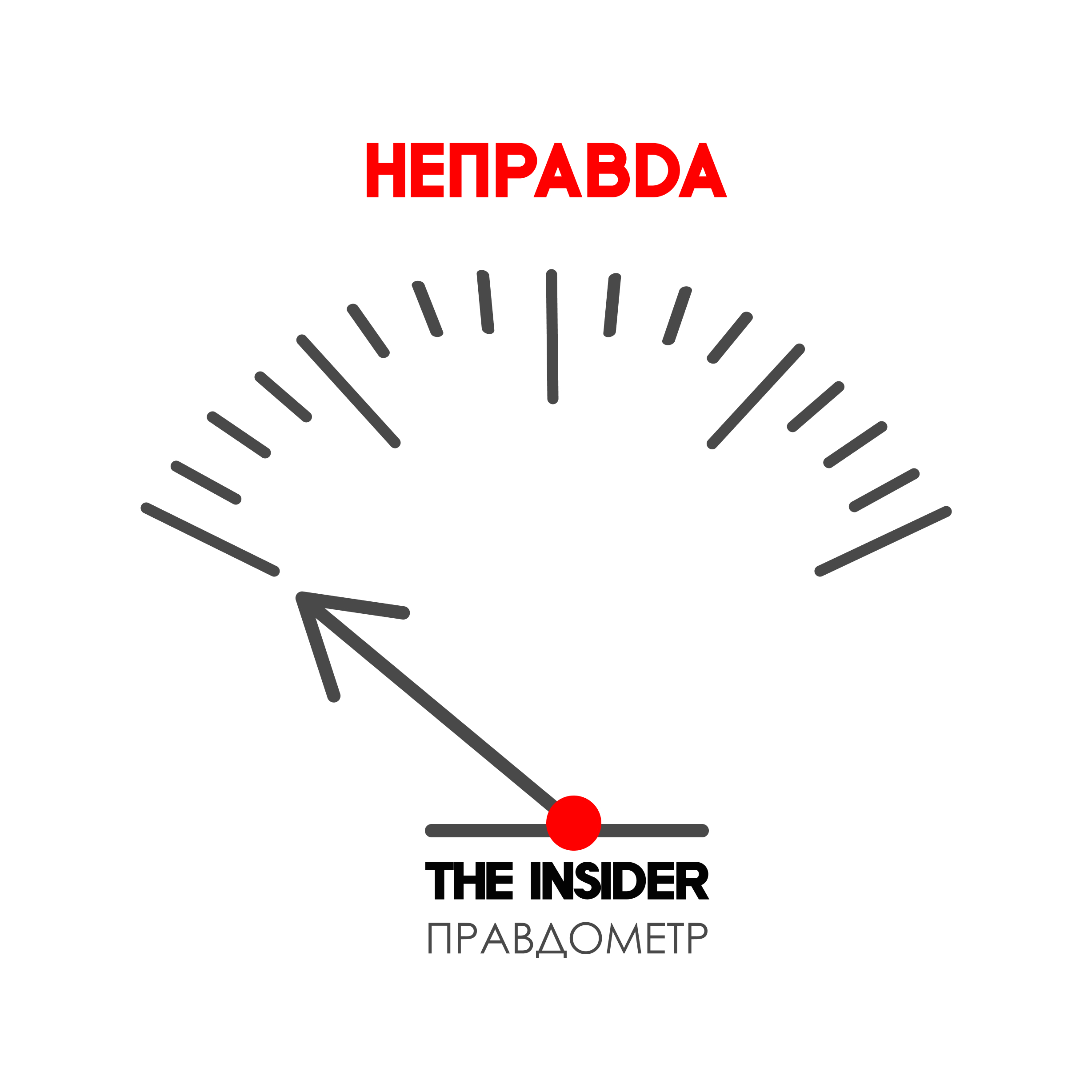RT, in an article titled “Reason for delay: Kiev warned of a possible “rupture” of Ukraine in the event of elections during martial law” reports:
"Holding parliamentary elections in Ukraine during martial law could lead to a 'tearing of the state'," Verkhovna Rada Speaker Ruslan Stefanchuk said. In addition, according to him, Kiev has no idea how to organize voting for Ukrainians who have gone abroad and ensure turnout among other citizens. Meanwhile, PACE insists on the need for Ukraine to hold parliamentary elections even under martial law. However, experts believe that Kiev is not interested in organizing a vote soon, as it could undermine the position of the current government.”

In fact, the PACE position on the elections in Ukraine is reflected in an analytical article published on the website of the assembly on June 12, a link to which appeared in the authorized Twitter account of the assembly on June 17. Olena Davlikanova, project coordinator of the Friedrich Ebert Foundation in Ukraine, writes “Ukraine reflects on elections under shelling”:
“Ukraine is fighting for the values of the democratic world against the totalitarian regime. But should the defense of democracy extend to wartime parliamentary elections?
Few doubt Ukraine's commitment to the democratic process. It continues to hold elections after Russia's initial unprovoked aggression in 2014, which led to the annexation of Crimea and a prolonged state of war in the Donbas. But the full-scale invasion on February 24, 2022 created serious legal and practical problems.
The parliamentary vote is to take place in October this year, and the presidential election on March 31 next year. But given that 17% of the country's territory is occupied by the occupiers, and the territory held by Ukraine is regularly shelled or washed away by floods provoked by Russia, the expediency of a popular vote is questionable.
First, the legal aspect. Ukraine is under martial law, and the law explicitly states that elections cannot be held until it is lifted. To change this means to change the Constitution, and that will not be easy.
Second, voter safety and practicality. The safety of voters, election officials and observers at polling places is vital. Russian forces have no hesitation in shelling civilian infrastructure and may even take the chance to attack voters as they vote. As for the occupied territories, even in the areas liberated by the Armed Forces of Ukraine, there will be neither time nor conditions for agitation.
Some communities have suffered such extensive damage that they lack the necessary infrastructure for holding elections and voter lists are out of date. Many have turned into ghost towns.”
The article also says that about 20% of the country's inhabitants have become refugees and it is difficult to organize their voting. The solution could be electronic voting, but, according to the expert, "the stakes are too high for such a large-scale experiment."
No proposals coming from PACE or other European structures to hold elections in Ukraine this year can be found in open sources. As for the thesis attributed to PACE that they don’t want to hold elections in Kyiv because it would undermine the position of the current government, Davlikanova’s article says the exact opposite:
“Conducting both elections < parliamentary and presidential. – The Insider > in March 2024 can help Volodymyr Zelensky and his Servant of the People party. His popularity far exceeds that of the party, which, according to polls, will fight to maintain its majority in the Rada. Her support could be strengthened if the vote were more closely linked to the presidential race. Conversely, holding elections in October could help the ruling party by curbing opposition criticism of its track record, as wartime demands would take precedence over party interests.”


